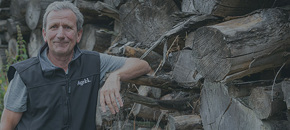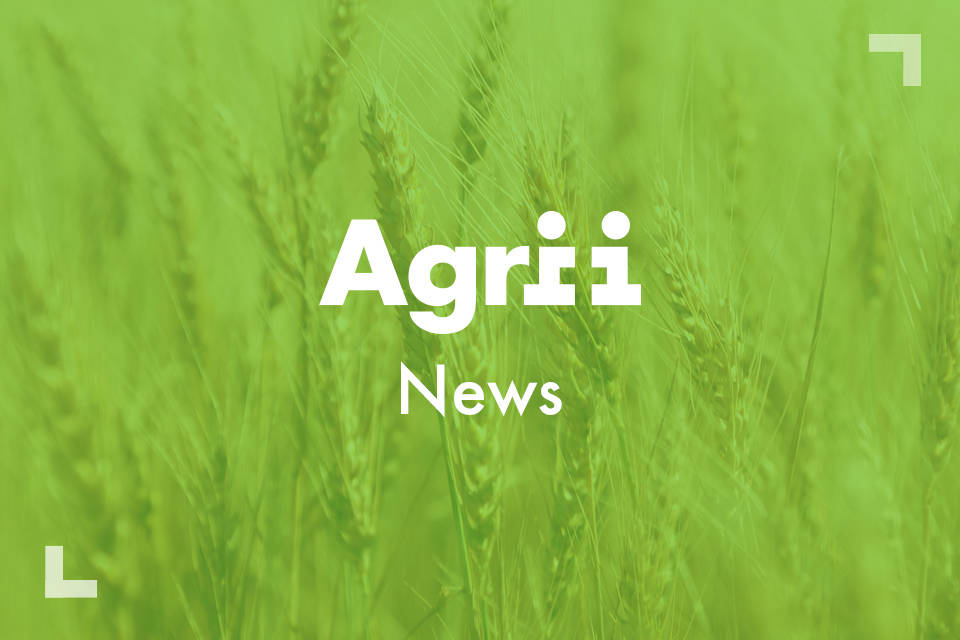The tupping period and flushing of breeding sheep if required are critical points in the annual cycle, as they largely determine output at lambing time. Most sheep breeds come into natural oestrus triggered by shortening day length, but this time of year also corresponds with declining nutritional values in grazing.
Nutrition is key during this period as it affects body condition of sheep (BCS), which has been proven to be the biggest influencer of breeding success.
Background
Summer weather has been kind this grazing season. Adequate grass covers going into sheep breeding season should mean that less in the way of supplementation is required to maintain or improve body condition.
Forage aftermaths that are green, young and leafy generally provide good nutrition, but because of the time of year their digestibility
value and therefore energy levels can be compromised.
The only solution to this is to consider supplementary feeding. A good rule of thumb is that sheep turned on to rested pasture should gain 0.5 units of body condition per fortnight. Where lambs have been weaned early, it may be the case that ewes are too good in condition, in which case they need to be slimmed to the recommended 3-3.5 BCS. If available, a bare or old pasture could be grazed, or ewes could be housed to negatively flush them prior to turning out for tupping.
Nutrition
Adequate grass covers that provide 1.5-2.5kg DM/day over 8-10 weeks are required depending on breed intake (3% of bodyweight = kg dry matter intake/day). The critical major nutrient that will
influence breeding success is energy (ME value).
The value will be higher in young regrowth compared with mature swards that have gone leggy or have seeded. Ideally, pastures containing an ME of 10.5-11MJ/kgDM will work well. If in doubt, get it tested!
Protein is not relevant at tupping time and in fact can be detrimental
if too high, because the ewe’s metabolism will have to excrete excess requirements for rumen function and this demands more energy.
Certain minerals and trace elements are also important for breeding success. These should be measured in your pasture and an appropriate mineral supplement should be given that supplies the elements that are missing. In Shropshire for instance, cobalt, selenium and iodine can be deficient in pastures.
Less likely to be deficient are zinc, copper and manganese. Phosphorus shouldn’t be deficient if the pasture has received compound fertiliser, however this mineral has been shown to improve appetite and therefore intake of grass if supplemented. A good mineral supplement, either offered as a feed block/bucket or in a drench/bolus might be all that is required if the tupping pasture is of good nutritional quality and supplies an adequate intake.
Generally, though, this isn’t the case and offering a high energy supplement containing minerals and trace elements caters for all situations.
Some tupping supplements now contain fish oil as an additive. This is a source of Omega 3 fatty acids which have been shown to improve pregnancy rate by increasing the number of eggs produced at each oestrus and by
increasing the libido of the tups. If you feel your breeding females should be producing more lambs than their past 3-year average, then these supplements should be considered.
Supplementary feeding
It is accepted practice these days to consider supplementary feeding selected groups of sheep that are likely to benefit the most.
For example, ewe lambs, yearlings, old/thin ewes, broken mouth ewes and tups. This should commence 2-4 weeks pre-tupping to get the sheep in to the ideal BCS by the day the rams are turned in to the ewes. The same supplement may then be used for the whole flock once tupping commences, or later during tupping when the best pasture has already been creamed off, or if a change of pasture is needed part way through (not recommended practice).
The ideal flushing/tupping supplement is one that is palatable, because sheep would much rather eat fresh grass, contains a high ME value (12.5-16MJ/kgDM), low protein level, is non-urea and has good levels of minerals, trace elements and vitamins.
Optilyx Energy (16 ME), Ewe Flusher (14 ME) buckets and Rumevite Sheep Super Energy feed blocks (13ME) meet these criteria. These supplements are formulated for free-access feeding, so there is a massive time and labour-saving aspect to them as well. Sufficient blocks can be put out to grass to last a week or more to save disrupting the sheep with more frequent visits.
It is recommended to offer one bucket/block per every 40-50 sheep and to spread over the whole tupping ground, rather than placing all in the nearest gateway.
Placement close to the water source will generally result in higher consumption if required, but the target is 2-3 buckets per week per 100 sheep.
Total consumption over an 8-10-week period is around 0.5 tonnes per 100 sheep. If it’s only minerals and trace elements that are required, Agrii’s Superstock Ewe and Lamb bucket (that also contains fish oil) is a good option.
Consumption of this supplement is much lower at 25-30g/day, so for the period, 9 buckets are required per 100 ewes at a cost of less than £2.00 per head.

Approach Us
We’re here to help your business ambitions. See how we could work together, we’d love to hear from you.
Let's Talk
Agronomy
We are the UK’s leading agronomy company, with more than 300 BASIS-trained consultants offering independent advice
Learn More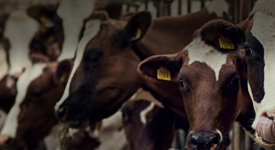
Livestock Support
The nutritional work we are involved with has shown major advantages in health and temperament
Animal Nutrition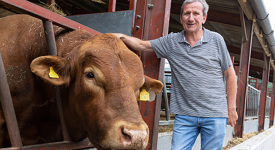
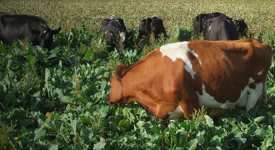
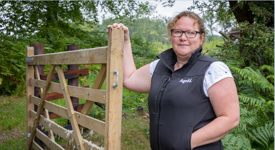
Environmental Consultancy
Designed to provide growers with the best possible information to understand key areas of environmental management
Learn More
Tramlines Podcast
Join Tony Smith, telling stories and giving updates straight from the field as he examines farm life and business issues
Listen NowFeatured News
News - 17/06/25
Half of OSR area underwritten by establishment schemes
News - 27/05/25
Honouring Marek Nowakowski: A Day at Buckingham Palace
News - 01/05/25
Reducing the environmental impact of maize
News - 17/03/25
Agrii Partners with RapidAIM to Revolutionise Codling Moth Management in UK Apple Orchards
News - 07/03/25
Shining a Spotlight on Women in Agriculture



